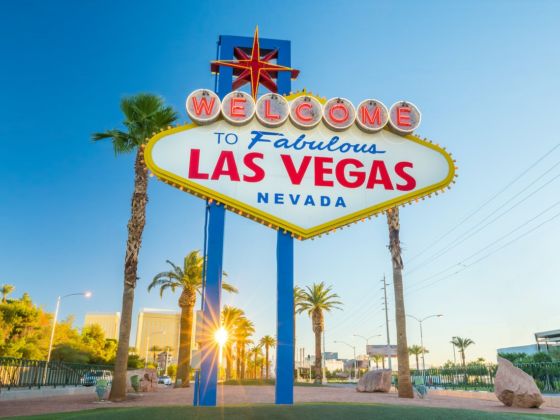TOURISM SLOGANS, at their best, become as much a part of a place’s identity as an iconic landmark: “I ♥ New York”, “Virginia is for lovers”, “Las Vegas: What happens here stays here.” But good, timeless slogans are in short supply. If a place really wants to turn heads, maybe a notably bad slogan is the best bet.


HBO series Flight of the Conchords’ character, Murray, is a champion of bad — yet funny — slogans. The hilarious posters that appear on his office wall have arguably done more for New Zealand tourism promotion than anything the real marketing campaigns can come up with.
Slogans like: “New Zealand – why not?”, “New Zealand – ewe should come”, and “Come visit us down underer.” My personal favorite: “New Zealand … Rocks!!!”
In real life, where do tourism slogans actually come from? Within the tourism industry, places are not places. They are “destinations.” When tourism becomes relevant enough in an area, public and private interests team up to form a destination marketing organization, or DMO. National, regional, and city-level DMOs are responsible for the entire “branding” of the destination, and the slogan is just a part of the overall marketing campaign.
The goal of a slogan — that succinct phrase — is to encapsulate a destination’s sense of place. If it does its job, it will be stored in consumers’ working memory. In the United States, every state, and most large cities, have a DMO and therefore a marketing campaign and a slogan. These were some of the earliest DMOs, with campaigns that have been ongoing since the early 1980s. Marketing researchers interested in the longevity of a tourism slogan found that they often die young. Over a 21 year period, only six of the 50 State slogans remained in use.
Slogans in America
A look at these U.S. State tourism slogans over time reveals that some have evolved a bit. Utah experimented with “Utah – more vacation per gallon” in 1982, then switched to less-bad, and more simple, “Utah!” by 1993 and stuck with it as of 2003.
Florida has matured over the decades. In 1982 it was “Florida – when you need it bad, we’ve got it good.” This became “Florida – coast to coast” in the ’90s, and settled on “FLA USA” by 2003.
In other States, the slogan has gotten worse. I liked Connecticut’s “Better yet – Connecticut” of 1982. By 1993 they had ditched the iambic rhyme for boring “Classic Connecticut,” and by 2003 they had opted for a tacky exclamation mark with “Connecticut – full of surprises!”
Kentucky used to be endearingly quirky with their slogans. Early slogan “Oh! Kentucky — You’ll come to love it” could have been a comical description of an arranged marriage. Later slogan “The uncommon wealth of Kentucky” puns kind of cleverly. By 2003, the slogan was playfully “Kentucky – it’s that friendly.” They’ve currently toned it down with “Kentucky – unbridled spirit.” Yawn. I liked the old kind of spirit.
Slogans Abroad
Outside of the United States, national-level DMOs are newer, less experienced, and still have some learning and growing to do. The tourism board of Panama received some bad press when it released its slogan, “Panama. It will never leave you.” Critics called it “reminiscent of childhood trauma and STDs.”
Albania’s tourism slogan has good intention: a signal to the world that it is a newly emerging destination with coasts that are still unspoiled. But it just comes across wrong. “Albania: A New Mediterranean Love.” Sounds a bit promiscuous, no?
Slovenia’s slogan is also awkward. “I feel Slovenia” makes the name of the country sound like a symptom of a disease. It does make a little more sense when the ‘love’ inside the Slovenia is in bold.
In 2006, Australia launched a controversial destination marketing campaign using the slogan “Australia. So where the bloody hell are you?” Publicity was actually banned in some countries, and the campaign has been discontinued. The slogan would have been brilliant if its written form could have been delivered with an Aussie accent somehow.
El Salvador’s destination marketing director apparently missed her calling as an elementary school teacher. Murray’s expert advice about “El Salvador. Impressive!” would be to add another exclamation mark. I don’t think that’s necessary.
Community Connection
Ever come across a memorably awful (or effective) tourism slogan? Share it in the comments.